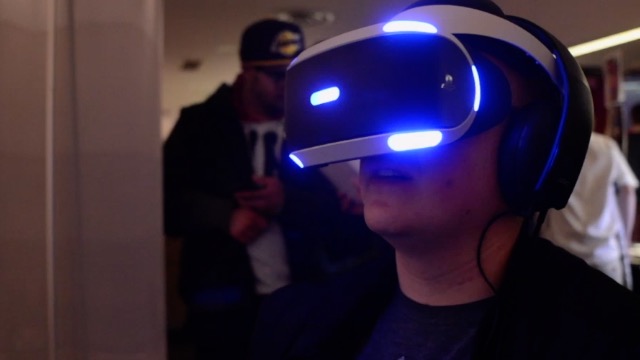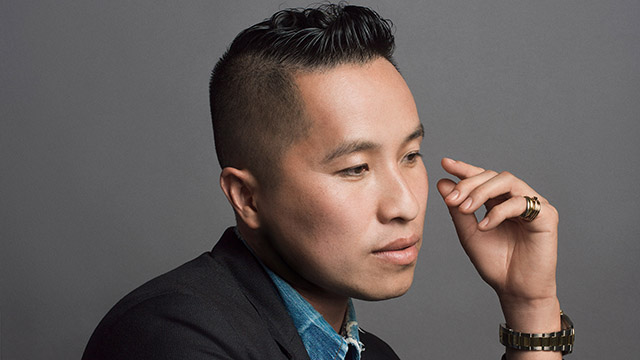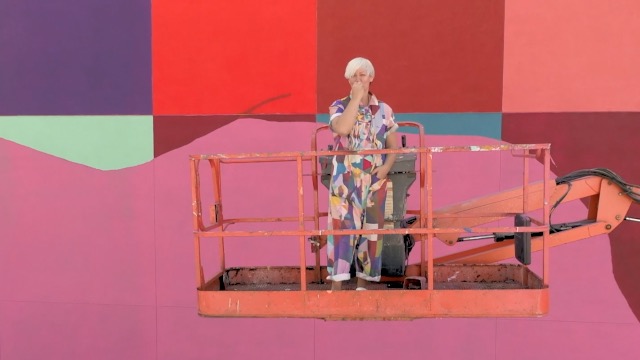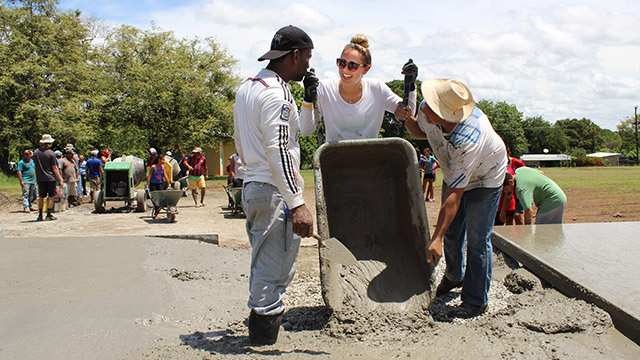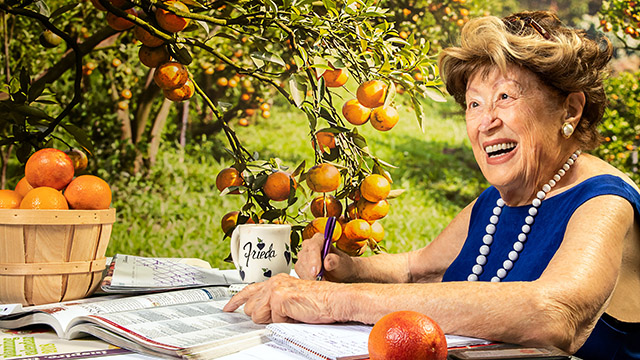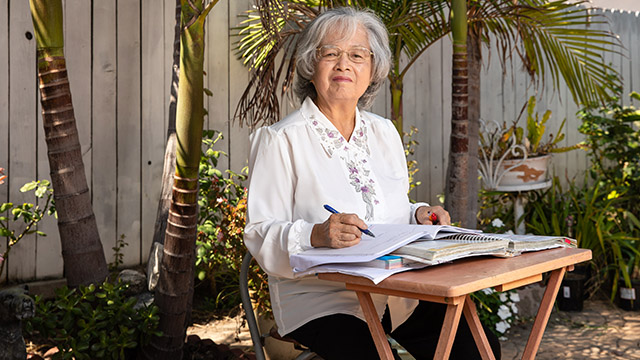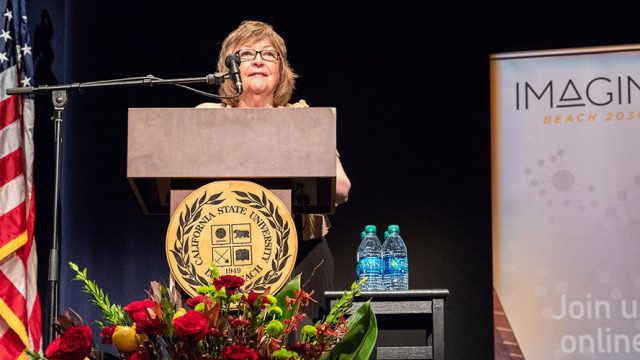Footprints for Success
 Wine is a pleasant accompaniment to dinners and parties, but the abundance of choices and prices can be daunting.
Wine is a pleasant accompaniment to dinners and parties, but the abundance of choices and prices can be daunting.
It took Michael Houlihan, a 1968 political science alumnus, and Bonnie Harvey to significantly reshape California’s wine industry when they created Barefoot Cellars in 1986, nurturing it into one of the nation’s top brands. They recently shared their story with College of Business Administration classes.
Their principle of “follow your opportunity passionately” underlies their ongoing success as entrepreneurs, taking a chance on assuming a winery’s debt with the idea of starting their own business. “We thought at the time, because we were so ignorant, that we’ll just take the bulk wine and bottle it up and go to the supermarket and ask them what kind of label they want on it,” Houlihan recalled.
They did something that a lot of starts-ups fail to do, asking market distributors and buyers about what stores wanted rather than trying to sell their own vision. “This is what we tell young people today—before you finish designing your product and your logo and your catchphrase, go talk to the people in the distribution system about what they need. You’ll be surprised, because what you created is not what they need,” Houlihan explained.
Principles for Growth
Some of Michael Houlihan and Bonnie Harvey’s guiding business principles include:
- Start small.
– Don’t overextend yourself. - Put yourself in other people’s shoes.
– Would you do business with your company? - Value employees.
– Delegate responsibilities, grant permission to make recommendations and errors, and acknowledge good ideas and performance. - Mistakes are OK.
– Fix the problems and learn from them. - Do what’s needed.
– No task is too menial if it advances your business.
“We basically got a master’s degree in wine merchandising just by asking the questions,” he said. “We went in and did what none of the other wine businesses were doing, so we disrupted the entire industry with a fun label where the name was the same as the image—Barefoot and the bare foot,” which is Bonnie’s own footprint.
Running the new business from the laundry room of their small Sonoma County home and with little money for advertising, they came up with a promotional strategy they called worthy cause marketing, introducing their wines at community organization events. “You find a cause that resonates with you, your passions, your business and your products, and you support that cause. You might be surprised to find out that the members of that cause will have a social reason to buy your product that is stronger than a commercial reason,” he noted.
Respecting people no matter their background or job position—starting with your own employees—also is essential because they can provide valuable information and new ideas to grow your firm, Houlihan said. In hindsight, “If there were any courses I wished I’d taken more of, it would have been liberal arts courses—more psychology, philosophy, sociology and history,” to better understand and work with others.
By 2005, Barefoot sold nearly 600,000 cases of award-winning wines a year when the couple decided to sell the firm to E. and J. Gallo. They remained consultants with Gallo for a year to ensure the corporation would carry on the brand’s legacy, which led to their current venture, the Barefoot Spirit, an entrepreneurship and business consulting firm. They also wrote the New York Times bestseller, The Barefoot Spirit: How Hardship, Hustle and Heart Built America’s #1 Wine Brand, and recently, The Entrepreneurial Culture: 23 Ways to Engage and Empower Your People.
And staying true to their passion for causes, they freely share their expertise by speaking to university business schools and continue to support conservation and recreation organizations such as the Surfrider Foundation.
Returning to CSULB brought back memories for Houlihan, who is impressed by its engaged, diverse students. “It became clear to me what I got out of Cal State Long Beach is a practical view of not just life, but business and culture,” giving him a can-do attitude. ▲



